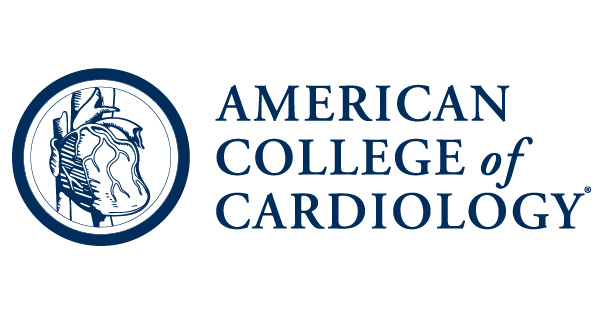CEYE Student Resource Guide: Cardiology
Cardiology Resources
Diagram of the Human Heart

Image Source: Wikipedia Commons
What is a Cardiologist?
A cardiologist is a doctor who diagnoses, treats, and helps prevent heart and blood vessel conditions. To become a cardiologist, a doctor must undergo several years of training, including:
- Four years of medical school
- Three years of general internal medicine training
- Three or more years in specialized cardiology training
What Do Cardiologists Treat?
Cardiologists diagnose, treat, and manage many types of heart and blood vessel conditions, including:
- Coronary artery disease, also known as heart disease, which occurs when the blood vessels that bring nutrients to your heart are blocked
- Heart attack, which happens when blood flow to your heart is blocked
- Heart failure, which happens when your heart can’t pump effectively
- Heart rhythm problems, also called arrhythmias, which happens when your heart beats too fast, too slow, or in an irregular way
- Valve problems, which happen when your heart valves don’t open or close properly
Cardiologists can also help you prevent heart disease through risk assessments, which look at your family history, medical history, and lifestyle. If you are at risk for a heart problem, your cardiologist can suggest lifestyle changes that may help lower your risk and recommend regular health screenings to keep an eye on your blood pressure, cholesterol levels, and other risk factors.
Sources: UPMC Health Beat; Mount Sinai Health Library
Website Recommendations
Cardiology Terminology Recommendations
Open (Free) Cardiology Resources on the Web
- Medline Plus - Heart and Vascular ServicesMedlinePlus is an online health information resource for patients and their families and friends. It is a service of the National Library of Medicine (NLM), the world's largest medical library, and a part of the National Institutes of Health (NIH).
- What is a Heartbeat?Learn what happens each time a heart beats in this Medline video
- Interactive Cardiovascular Library from the American Heart AssociationWatch, Learn and Live with the American Heart Association's interactive cardiovascular library. Here you'll find informative illustrations and animations about a variety of conditions, treatments and procedures related to heart disease and stroke.
- Cardiology ExplainedCardiology Explained is a book that breaks down the basic physiology and pathophysiologic mechanisms of cardiovascular disease in a straightforward and diagrammatic manner, gives guidelines as to when referral is appropriate, and, uniquely, explains what the specialist is likely to do. This facilitates an understanding of the specialty not available from standard textbooks.
Books and Journals Available from the Levy Library

Draw It to Know It - The Cardiovascular System
With the Draw It to Know It Anatomy & Physiology Fundamentals interactive tutorials, you can learn more about the Cardiovascular System through images and drawings.

Complete Anatomy 20
Complete Anatomy 20 is the world’s most advanced and best-selling 3D anatomy platform, with over 13,000 interactive structures and a living, beating, dissectible human heart in full 3D.
Cardiology at Mount Sinai

Learn more about Cardiology at Mount Sinai Health System
- Mount Sinai Heart Department Website
- About Mount Sinai Cardiology
- Heart Programs & Service Areas
- Heart News
- Heart Research
Mount Sinai Health Library
- Cardiology addresses all matters of the heart, from monitoring cholesterol levels to treating heart attack, heart failure, valve problems, arrhythmias, high cholesterol, and high blood pressure.
Movies and Documentaries
Leading cardiologists Valentin Fuster, MD, PhD, Director of Mount Sinai Heart and Herschel Sklaroff, MD, Clinical Professor of Medicine, Cardiology at Mount Sinai Heart were filmed for one-month for the “Making Rounds” documentary film as they cared for critically-ill heart patients in the Cardiac Care Unit at The Mount Sinai Hospital.
Watch Mount Sinai Heart doctors, fellows, residents, and nurses in action and saving lives demonstrating how simply listening to patients at the bedside remains medicine’s most indispensable tool over any technology.
In this film Mount Sinai Heart helps preserve the disappearing art and science of how to examine and diagnose patients at the bedside for future generations of physicians.

